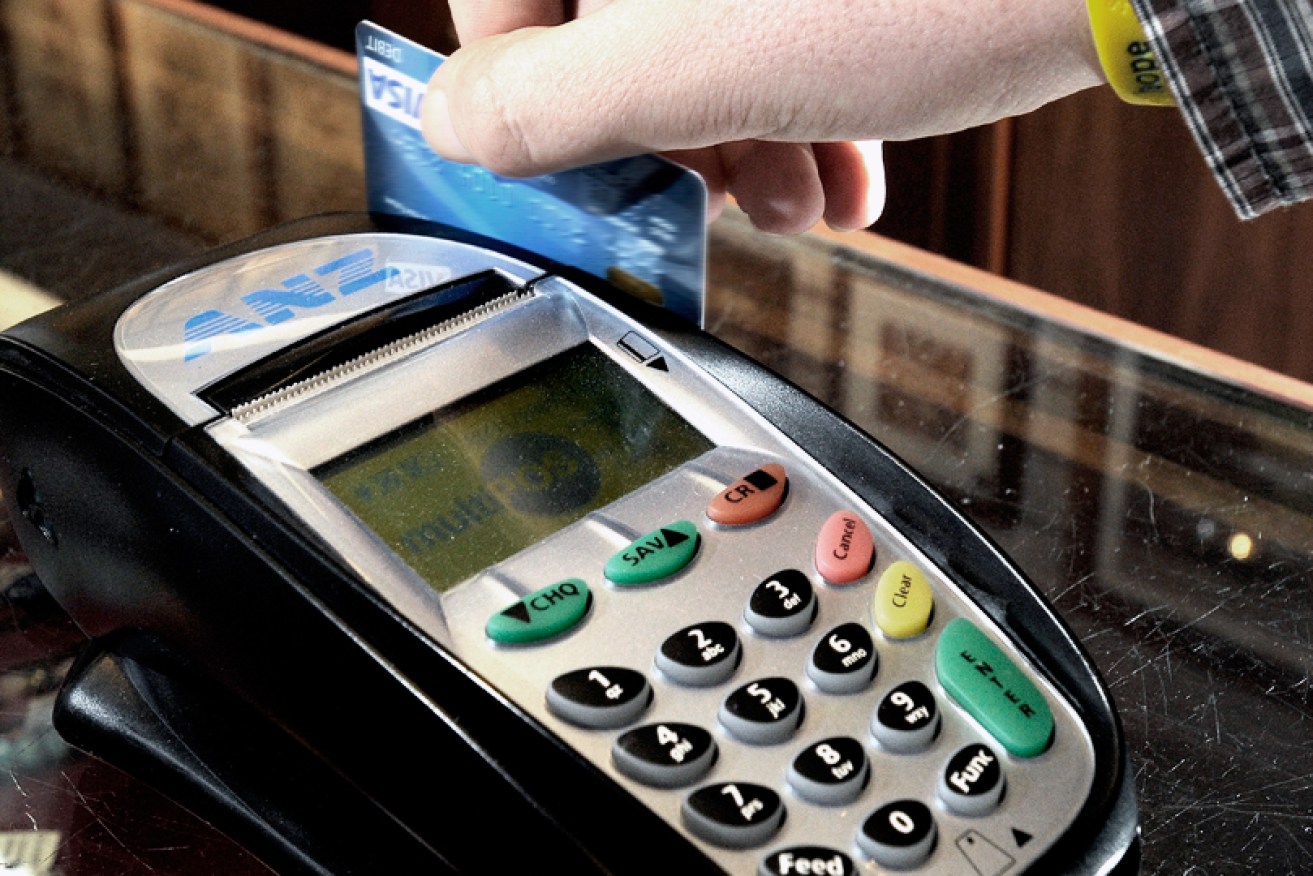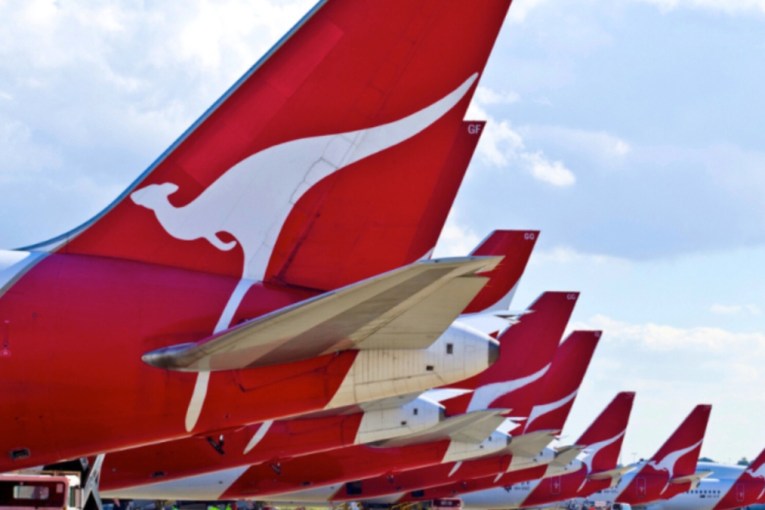Businesses charging ‘excessive’ credit card surcharges put on notice


You may have been overcharged for credit card transactions. Photo: AAP
If you’re paying a 2 per cent surcharge for card transactions then it’s likely the business is breaking the law and you’re being overcharged, the consumer watchdog has warned.
The ACCC revealed on Tuesday it had fined camper van hire company Cruisin Motorhomes $12,600 for allegedly slapping inflated surcharges on customers’ bills. It used the announcement to send a warning to other businesses.
“Businesses need to ensure the debit and credit card surcharges they impose comply with the law or they risk facing ACCC action,” ACCC deputy chair Mick Keogh said.
Australian businesses are forbidden from charging customers a cent more than the amount it costs them to process the payment, after new legislation banning excessive card payments came into effect in September last year.
For example, if it costs a business 0.41 per cent to process a Mastercard debit, then the highest surcharge it can demand from a customer that pays with a Mastercard debit card is 0.41 per cent.
The consumer watchdog ACCC claimed the company charged Visa and Mastercard customers a 2 per cent surcharge in January for debit and credit card payments, despite the cost of processing each payment ranging from 0.41 to 1.48 per cent.
“The ACCC alleged that Cruisin Motorhomes imposed debit and credit card surcharges that were higher than its cost of processing the payments,” Mr Keogh said.
The cost businesses incur from a card transaction factors in the size of the business and the payment method used.
Payments made through the domestic EFTPOS system which is used to process debit cards are usually quite low, according to the Reserve Bank of Australia – generally below 0.5 per cent and up to 1 per cent.
Credit cards could cost a business 1 per cent to 1.5 per cent for Visa or MasterCard, and between 1.5 per cent and 2 per cent for an American Express.
Consumers may be able to avoid a surcharge by using a different method of payment, such as a debit card instead of a credit card.
The ACCC has the power to issue an infringement notice to any business believed to be charging an excessive surcharge payment, which can result in a penalty. It can also take court action.
The ACCC said Cruisin Motorhomes cooperated with its investigation and took steps to review and reduce its surcharges.
The New Daily contacted Cruisin’ Motorhomes for comment but did not receive a response by deadline.
Consumers who have concerns over whether a payment surcharge they have been charged is excessive can contact the ACCC.









